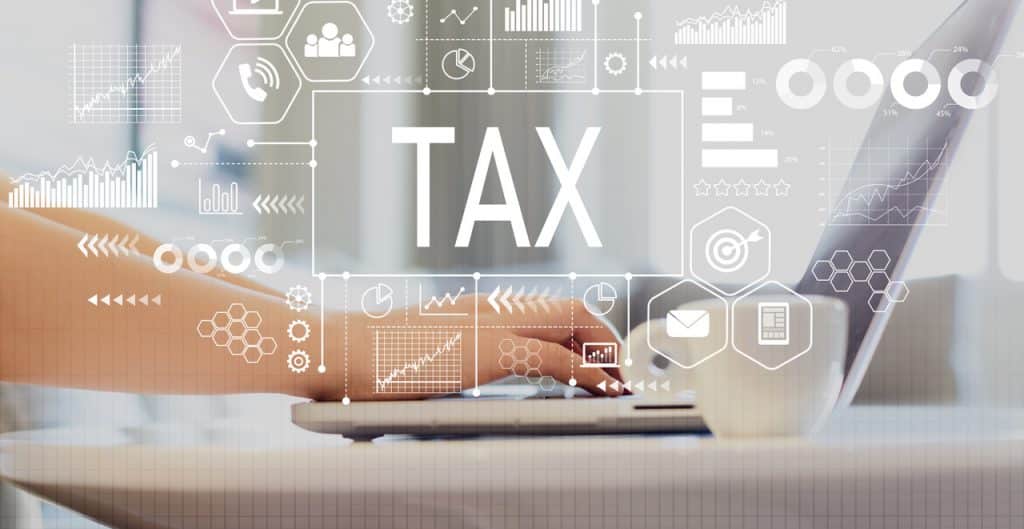- June 9, 2021
- Posted by: Rivero, Gordimer & Company
- Category: Business Advice

By James K. O’Connor, Jill McSpadden, & Ed Bernal
As the 2020 Tax Filing Season is now in the books here are a couple of interesting technology tax issues that we’ve seen this year that may be of interest to you.
PPP Forgiveness Effect on Wages for R&D Tax Credit
The big news regarding the Consolidated Appropriation Act (CAA) passed into law on December 27, 2020, was the clarification of the deductibility of PPP-funded expenses, which was a relief to most taxpayers. But the effect on wages for the R&D credit was not widely reported and has left some taxpayers confused.
The CAA explicitly says that no tax attribute shall be reduced by reason of the exclusion of the nontaxable PPP income. Thus, for taxpayers who received PPP forgiveness, there is no limitation on the eligible wages for the R&D tax credit even though you may have received forgiveness on those specific wages. This was good news for our technology clients who utilize the R&D tax credit. Essentially, you can have the same dollar of wages spent on qualifying R&D activity that was forgiven under PPP and still be eligible for the R&D tax credit. That, my friends, is a beautiful thing in the tax world.
Employee Retention Credit (ERC)
Another important piece of legislation that will benefit technology startup businesses is The American Rescue Plan Act of 2021 (ARPA) that was signed into law on March 11, 2021. The ARPA expanded the eligibility to include a recovery business startup that started operations after February 15, 2020, and had annual gross receipts of less than $1M. The maximum ERC for a recovery startup business for any calendar quarter shall not exceed $50,000. Your technology startup may not have been eligible for the Employee Retention Credit previously because you may not have had the required revenue drop so it’s important to revisit the updated eligibility rules to see if you may be able to qualify as a recovery business startup.
Virtual Currency Form 1040 Question
You may have noticed a new question on the 2020 Form 1040 individual tax return this year. Actually, it was on last year’s 1040, too, but most people didn’t see it, as it was buried on a separate schedule. You can’t miss it on the 2020 1040 now; it’s right below your name this year.
The IRS is clearly concerned there are unreported transactions through virtual currency and there is sure to be more scrutiny/disclosure regarding virtual currency in the future. The Treasury Department made news earlier this month when it announced that it’s taking steps to crack down on cryptocurrency market transactions and will potentially require any transfer worth $10,000 or more to be reported to the Internal Revenue Service.
To clarify, the IRS defines virtual currency as a digital representation of value that functions as a unit of account, store of value, or medium of exchange, other than a representation of a “real currency” such as the U.S. dollar or a foreign country’s currency. They also use the term “virtual currency” to refer to the various types of virtual currency, such as digital currency and cryptocurrency.
If you are concerned about whether you are disclosing your virtual currency correctly for tax purposes, step one should be determining if you did have any virtual currency transactions during 2020 to properly answer the question on page one. Step two should be – if you checked yes in step one – to determine if you have any taxable income to report in conjunction with those virtual currency transactions.
If you need assistance with the R&D tax credit, ERC, or virtual currency, please contact Rivero, Gordimer and Company today. We’re Tampa’s #1 accounting firm and specialize in tax services for technology companies.

